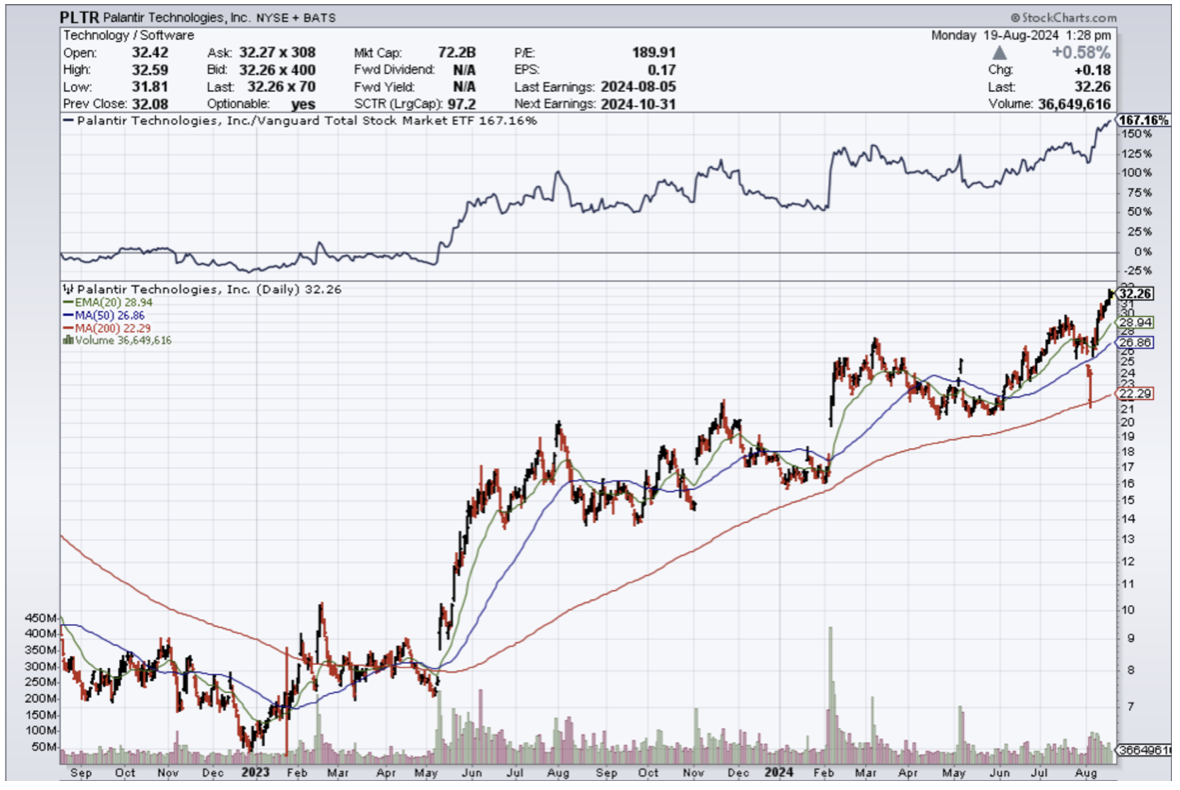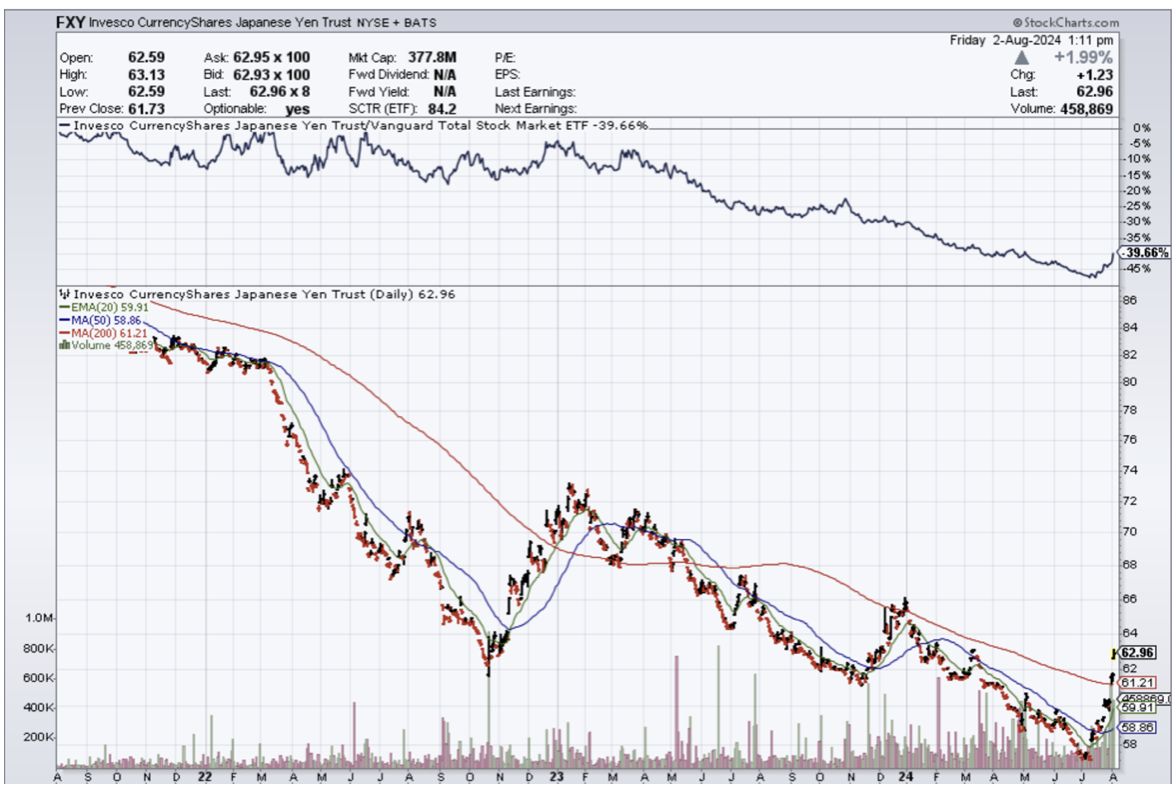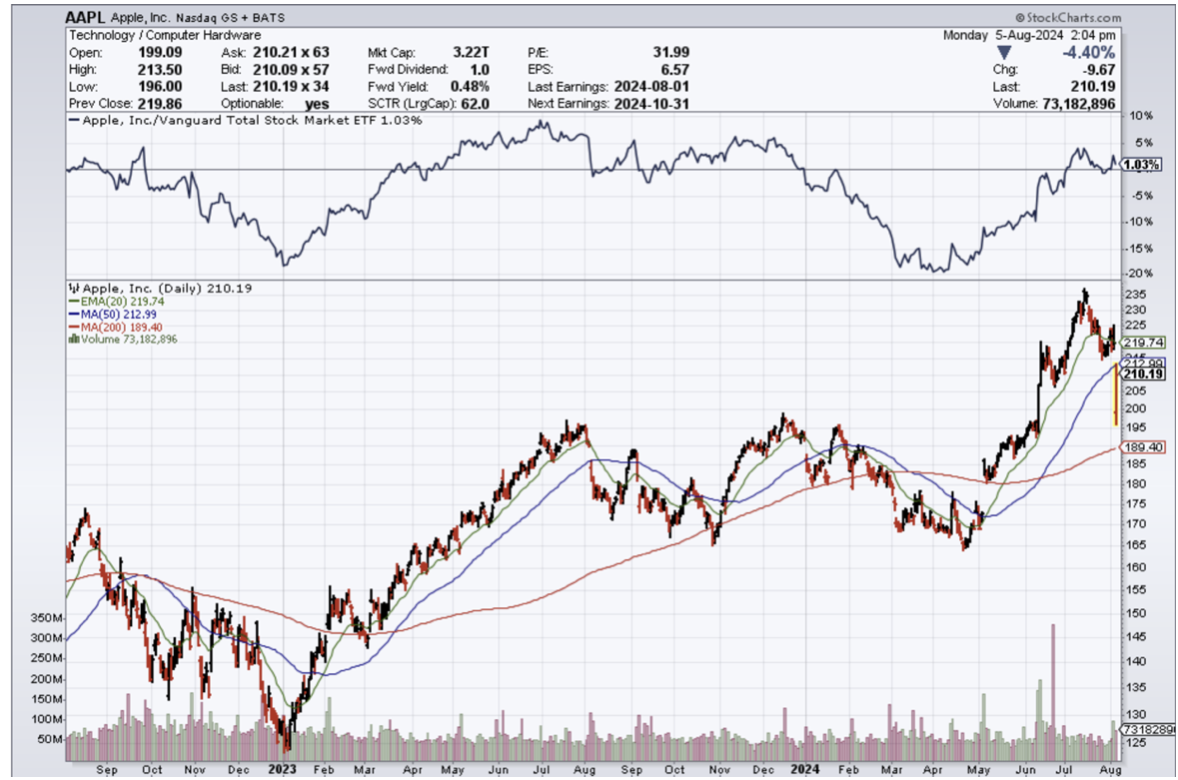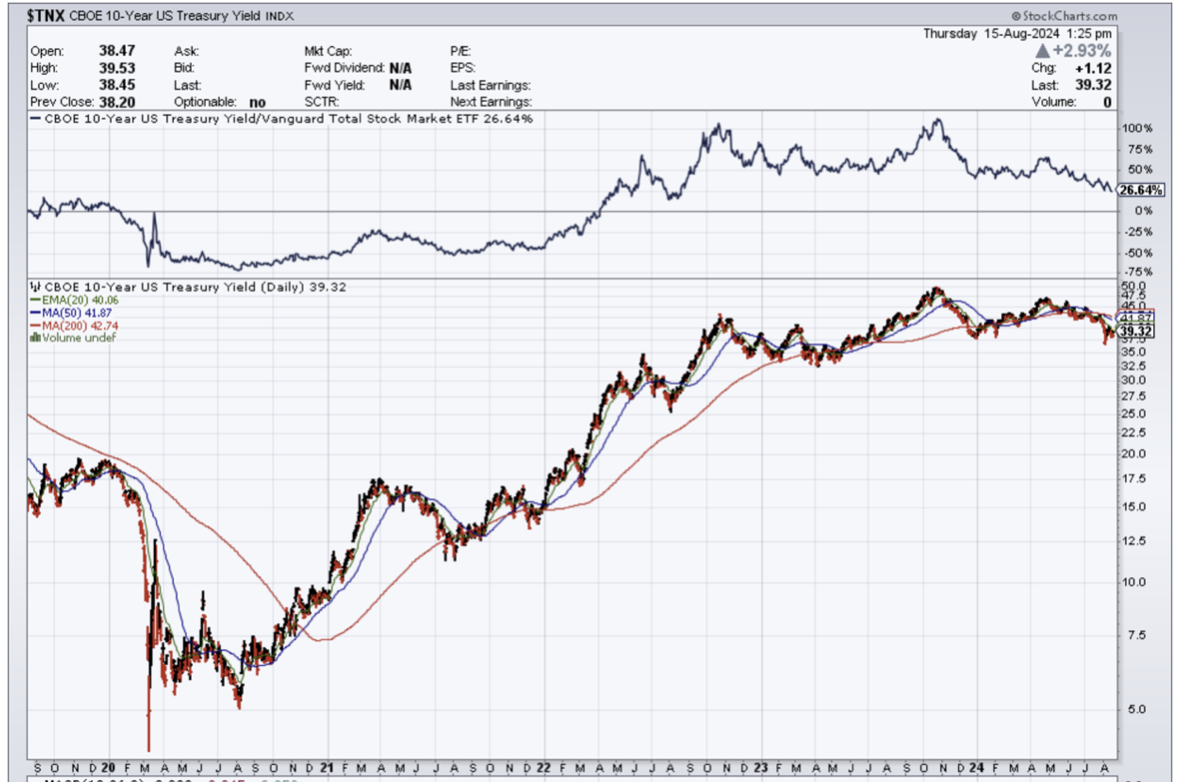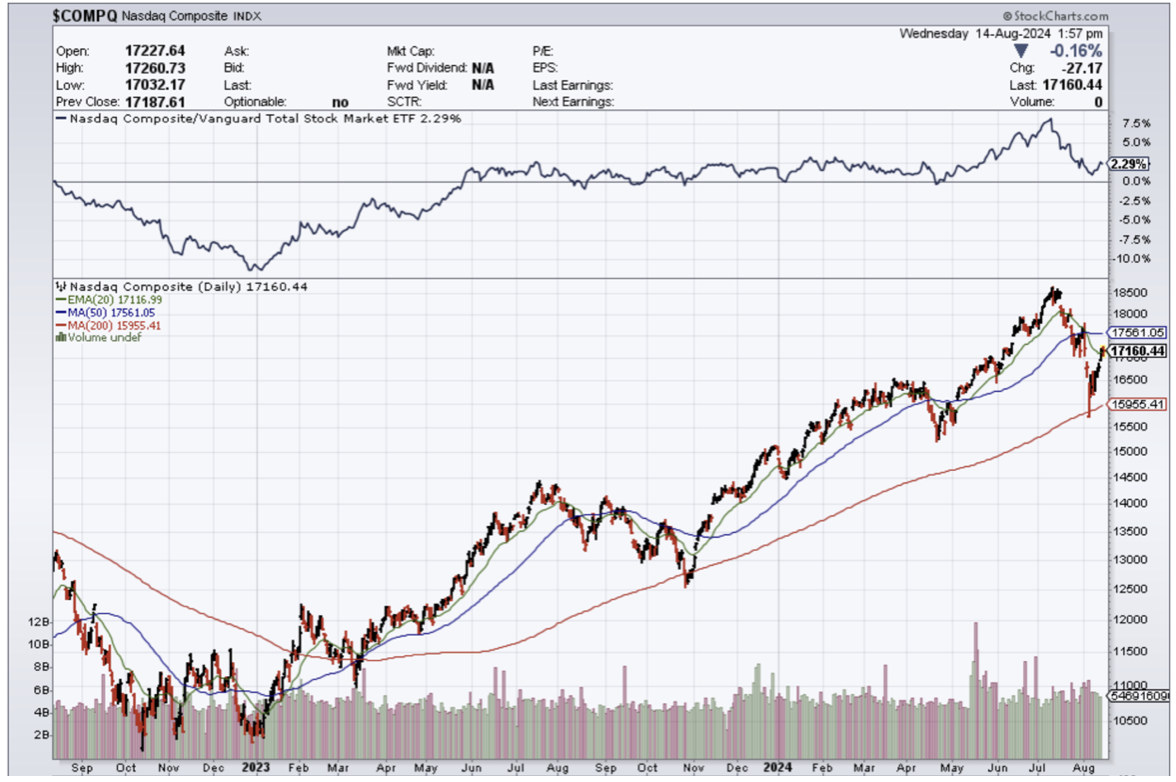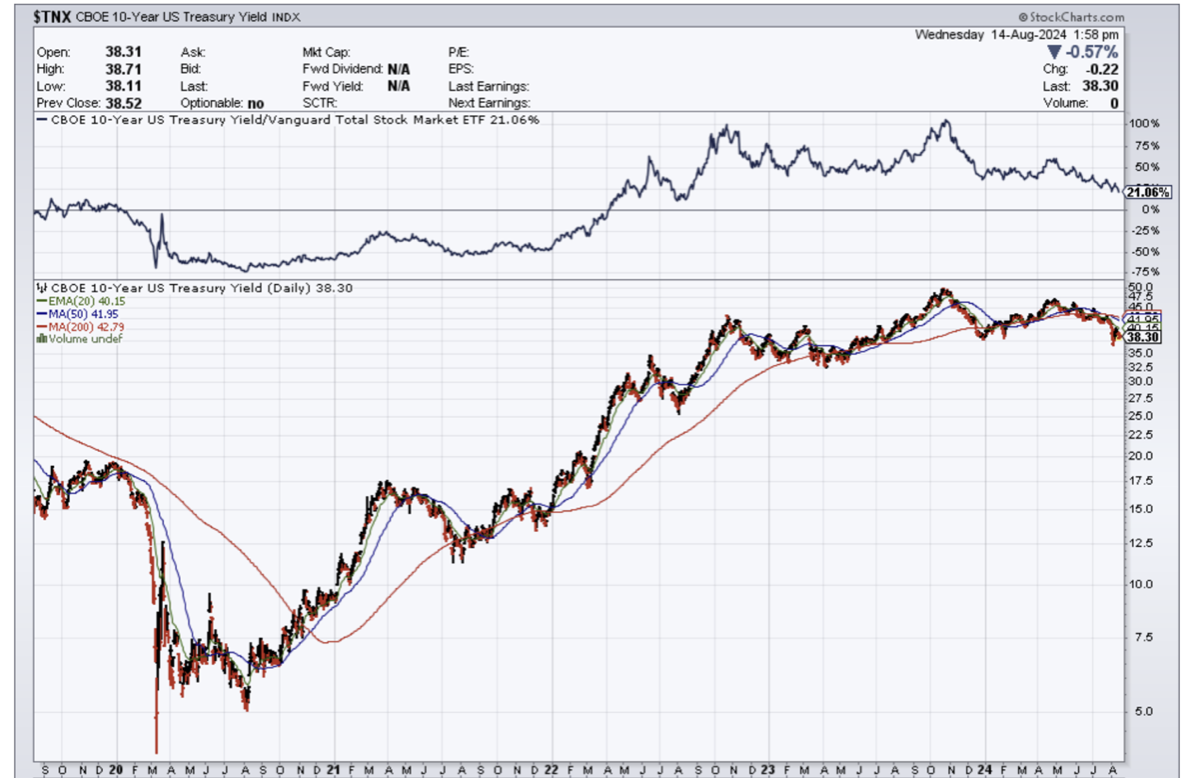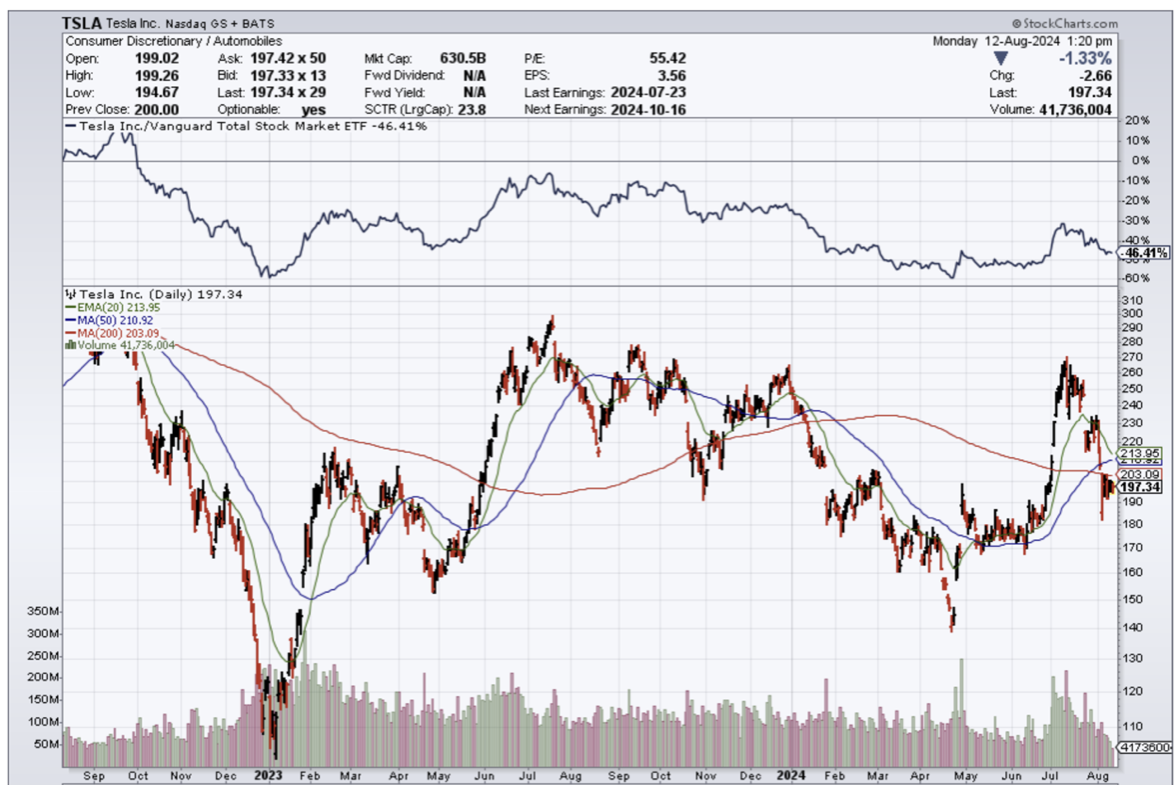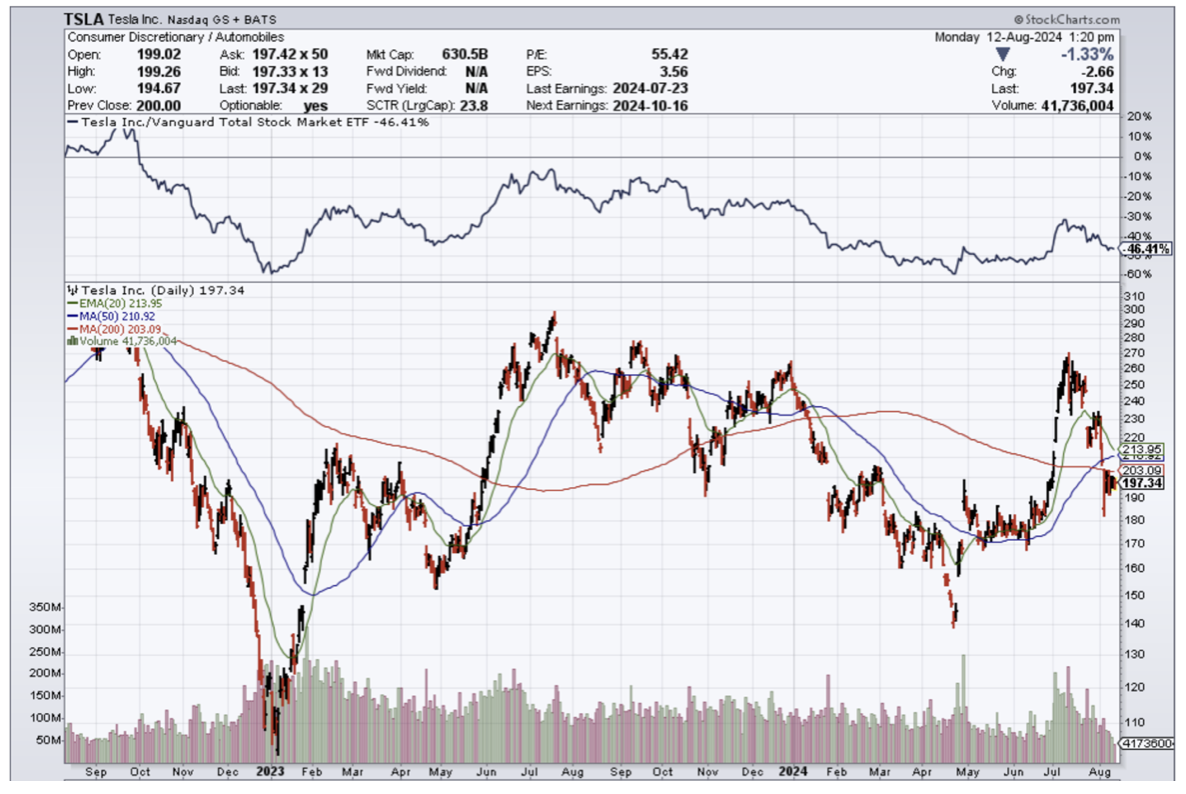Not all tech stocks are created equal.
Some have the power of connections from the beginning and that goes a long way to understand if a company can do what it takes to survive.
Very rarely do tech companies come out of nowhere and it is true that recognized venture capitalists help like rocket fuel.
Palantir (PLTR) was supported initially by tech insider billionaire Peter Thiel.
It’s not surprising that this is a company sitting deep at the intersection of strategic national intelligence and artificial intelligence.
The stock hit a low of $5 per share and now trades north of $32 per share.
Investors might easily understand this company as the war tech stock and co-founder and CEO Alex Karp is in no mood to apologize or be politically correct for its military, police, and U.S. Immigration and Customs Enforcement services despite facing massive backlash.
Karp acknowledged the company’s consistent pro-Western view despite polarizing views regarding the appeasement of Iran, Russia, and China.
Karp refused to apologize for defending the U.S. government on any issue and he has never wavered behind their principle of powering the U.S. government.
Karp stood out for his fierce criticism of Former US President Donald Trump, but he has said that he will work with both administrations.
Karp also maintained his pro-artificial intelligence stance, indispensable to preventing AI abuse.
In August, Palantir reported second-quarter revenue of $678.13 million, up 27% year-over-year, topping the analyst consensus of $652.1 million.
Palantir has been selling AI software for much longer than most of its competitors, which gives it a leg up on its competition. It started off as a software program intended for government use, with the simple concept of data in and insights out. This helped guide real-time decision-making by ensuring the people making the choices had the best possible information in front of them.
Still, government revenue makes up more than half of Palantir's total and rose at a 23% pace. It was powered by U.S. government revenue, which saw the highest demand since 2022.
No matter how you dice it up, Palantir's Q2 results were phenomenal. However, management thinks its growth may slow in Q3. Third-quarter revenue is expected to be about $699 million, indicating growth of 25%. While that's less than Q2's growth rate, management has consistently beaten its guidance.
My opinion about where the PLTR’s stock is going might surprise some people.
On one hand, the United States has the biggest military in the world and will covet and utilize PLTR’s software to continue to make real-time decisions in a national security sense.
On the other hand, the issue I have with PLTR is not with the quality of the business, but the price of their stock.
The stock has risen too fast too furiously in a short-amount of time.
The move from $5 per share to $32 took place over a 2.5-year time frame obviously boosted by global events in Eastern Europe and the Middle East.
For the rest of the year, I do think PLTR has a chance to blow past $40 per share and at that point, we will most likely reach the short-term high water mark of the stock.
The stock is due for a big sell-off once the AI frenzy cools down a little and that could be later this year.
Remember that the AI narrative has reignited in the short-term so it is smooth saying until the next road bump.
This is a complex company and with many of those, the trajectory of the stock can be many times more complicated.

